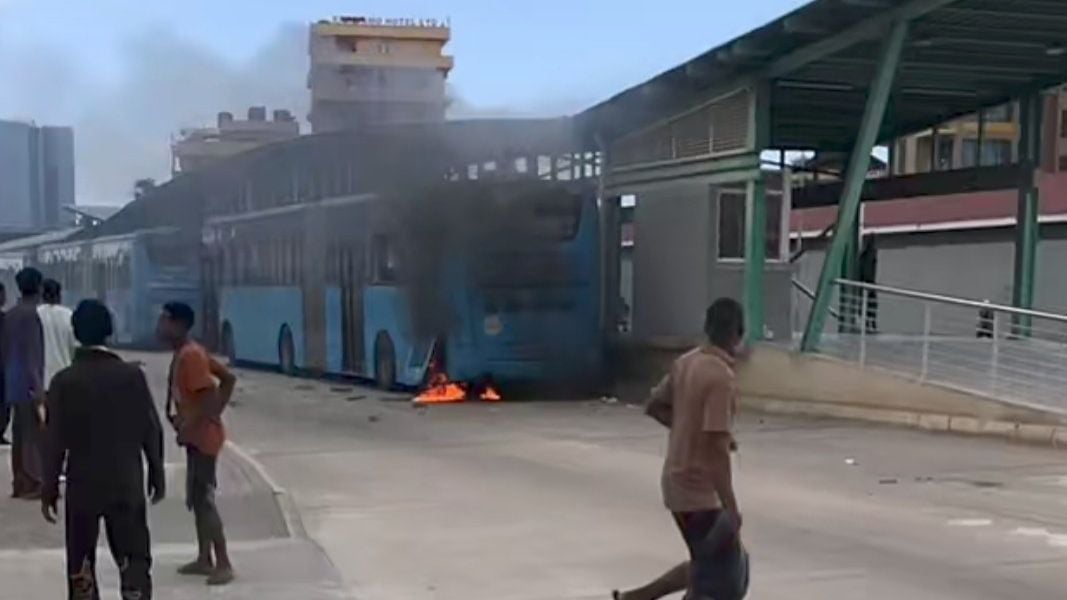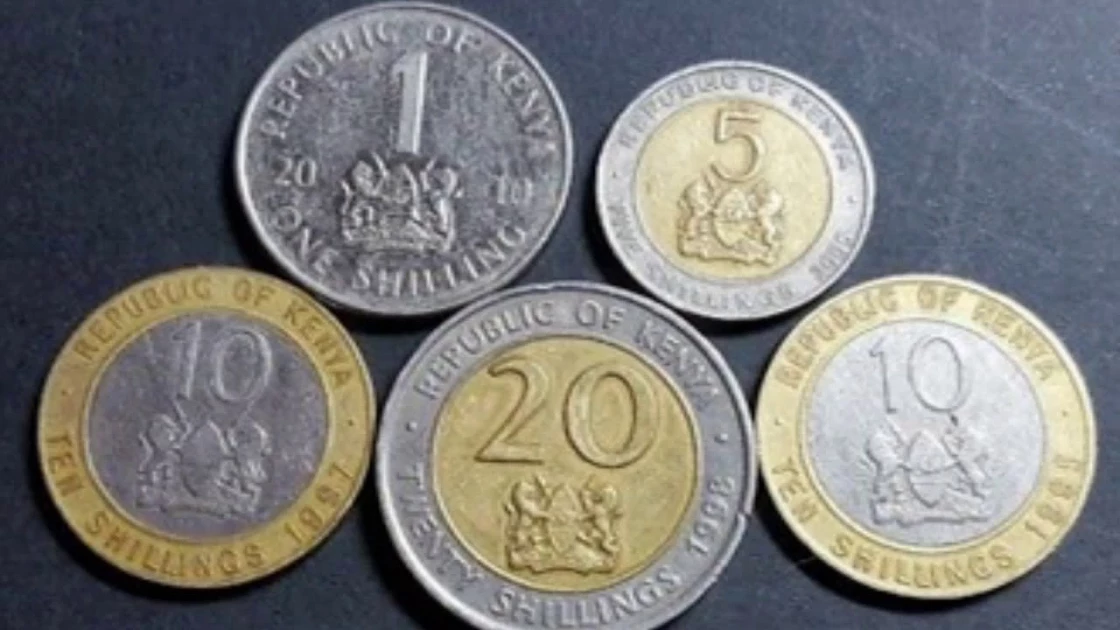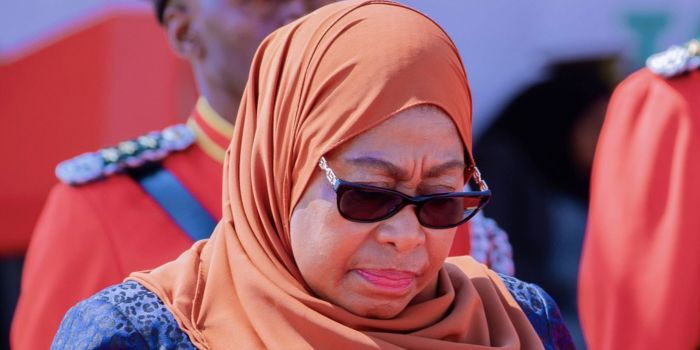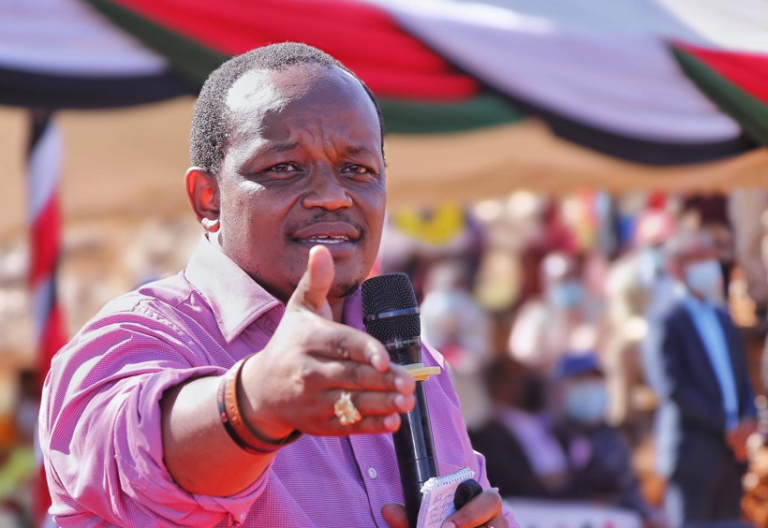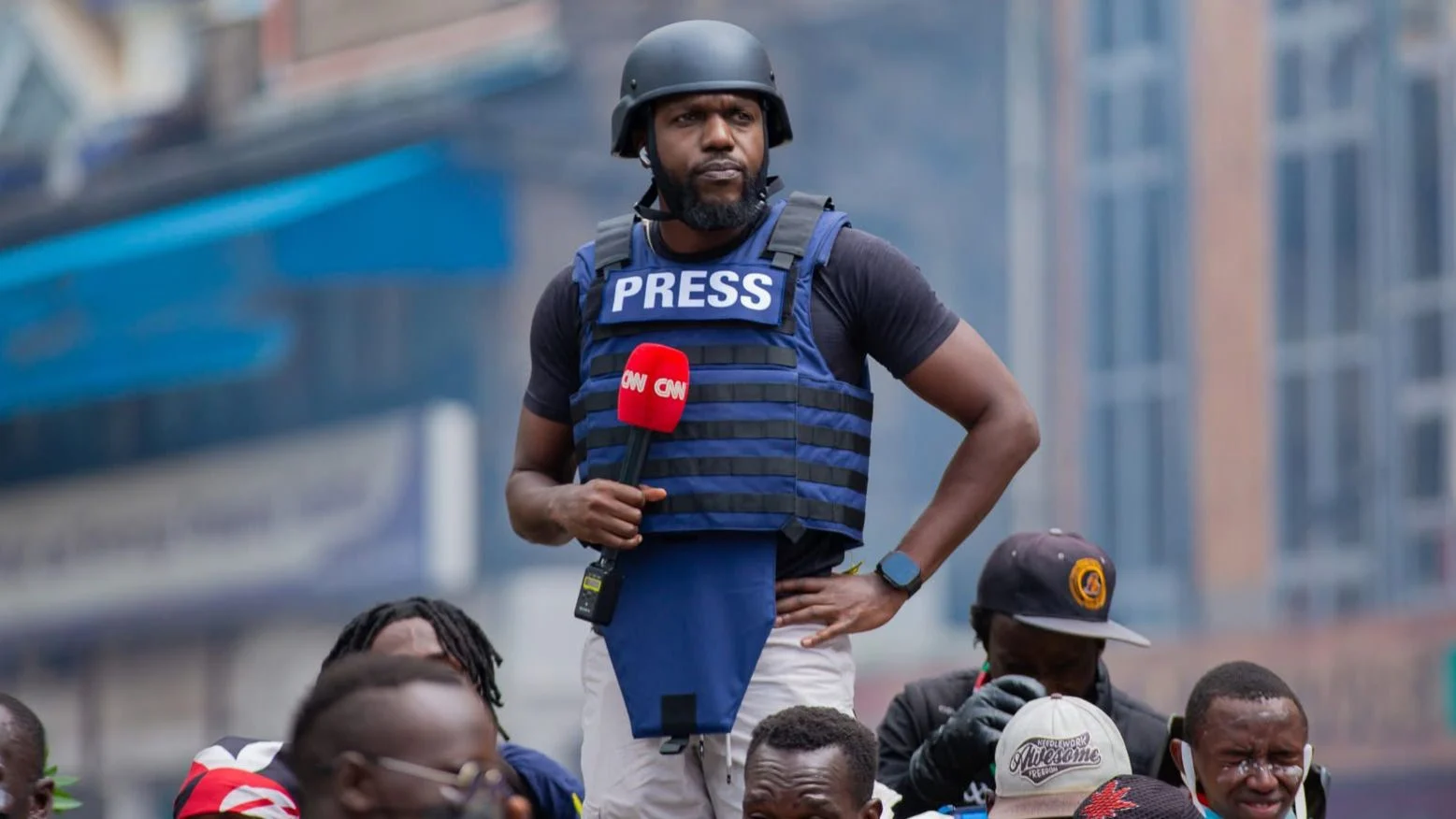
In a startling revelation that underscores the deteriorating climate of press freedom amid ongoing protests, celebrated Kenyan journalist Larry Madowo claims a local political figure offered paid goons a KSh 100,000 bonus if they physically assaulted him while covering demonstrations in Nairobi.
Madowo shared the explosive allegation on Instagram and X, presenting screenshots of the message as evidence. He alleged the politician promised extra payment to anyone who beat him up, destroyed his equipment, or disrupted his reporting. The claim highlights a deepening pattern of intimidation tactics aimed at silencing independent media.
Vigilante Operatives Target Press Coverage
The alleged threat follows disturbing scenes over the weekend when masked operatives, unconnected to official police units, disrupted a press conference at the Kenya Human Rights Commission offices in Nairobi. Video footage shows assailants targeting women journalists and activists—the attackers have been widely described as hired goons.
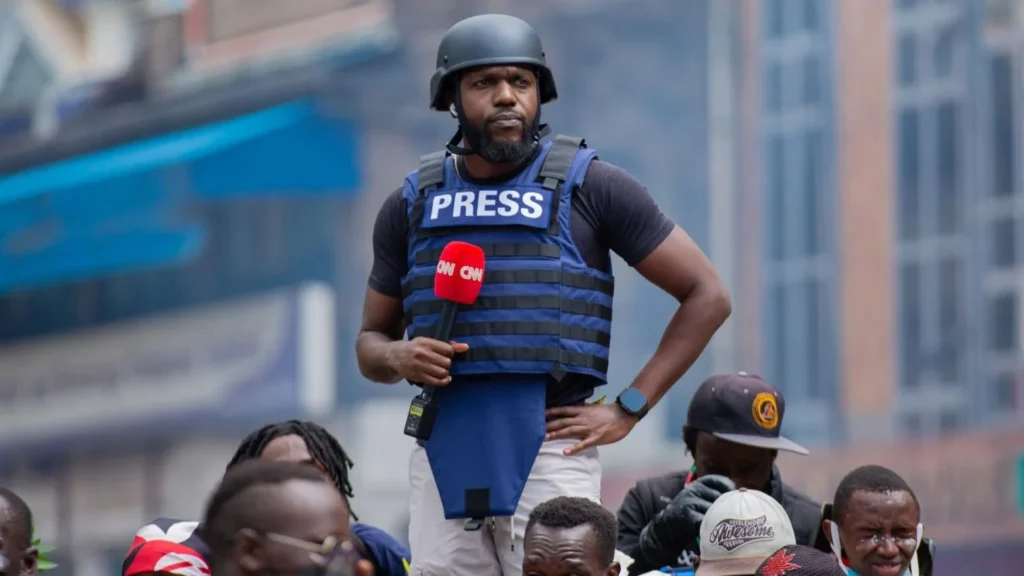
Madowo, speaking to CNN, explained that these individuals are often strategically deployed during protests to damage property, sow confusion, and target journalists. “Politicians hire goons who infiltrate protests to steal and destroy property,” he stated, warning such groups regularly collaborate with authority figures to shift blame onto demonstrators.
Disturbing Collusion With State Power
The emergence of these vigilante squads has set alarm bells ringing across Nairobi’s media fraternity. Several reporters have gone public with complaints of being harassed, beaten, or forced to abandon equipment while covering flash demonstrations in the CBD this week. Critics argue this represents an alarming erosion of democratic safeguards as the political elite exploit terror tactics to stifle dissent.
The politician accused of orchestrating the threats has not yet been publicly identified. And while the state denies involvement, the deployment of goons at protests suggests tacit coordination with official security agencies. Human rights and press freedom advocates are now demanding an urgent investigation to determine whether politicians or security operatives are complicit in these violations.
Legal, Political and Ethical Fallout
The fallout from Madowo’s accusation could be seismic: at stake is not only his personal safety, but also that of Kenya’s journalists at large. The Organization for the Protection of Journalists in Africa is reportedly exploring legal remedies and is calling on the National Police Service to urgently intervene and charge individuals responsible for orchestrating violent intimidation campaigns.
Meanwhile, media outlets are rallying behind Madowo, demanding swift action and transparent judicial procedures. “If a public officer is responsible, they must be held accountable,” said the editor-in-chief of a leading newspaper. The incident also fuels concerns around impunity and the weaponization of violence against voices seeking accountability.
What to Watch
- Will the National Police Service launch an investigation into the alleged conspiracy?
- Can authorities trace financial transactions linked to the promised bonus?
- What protective measures will be provided for journalists on the ground?
- Will international press watchdogs escalate pressure on Kenyan officials?
As the dust from this explosive claim settles, one thing is clear: the safety of journalists is now squarely in the spotlight—and press freedom in Kenya hangs in the balance.


